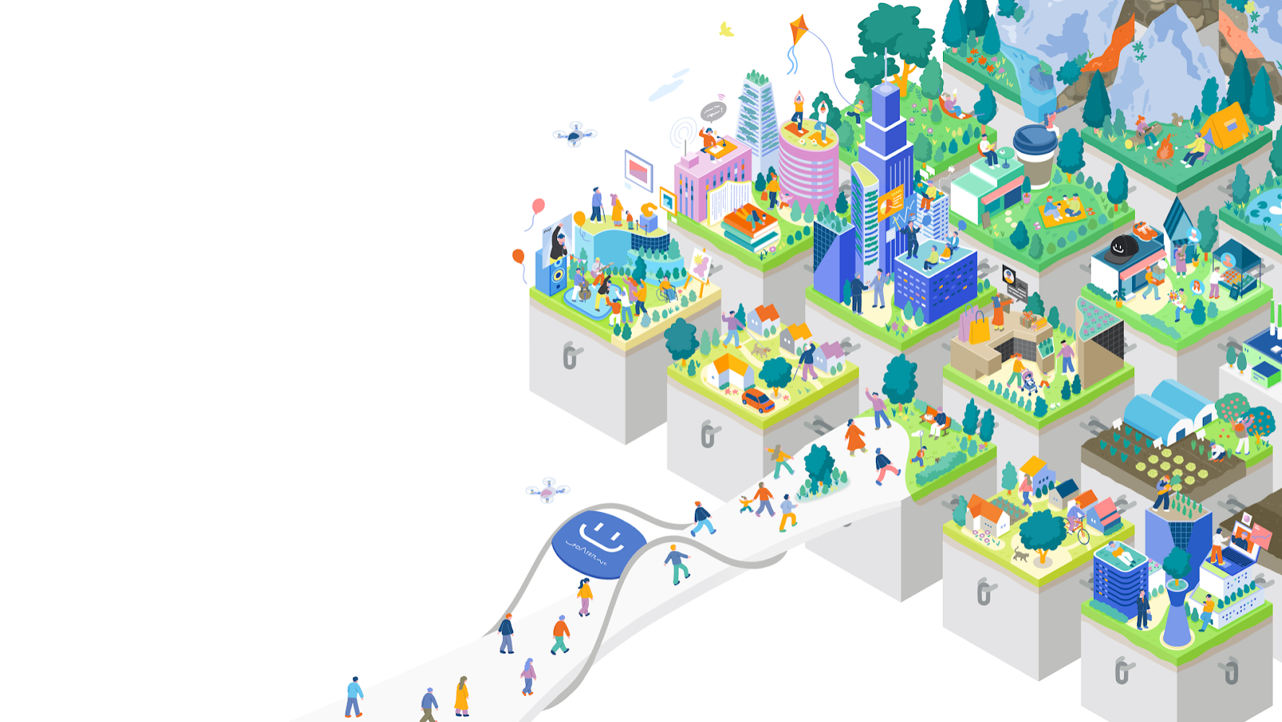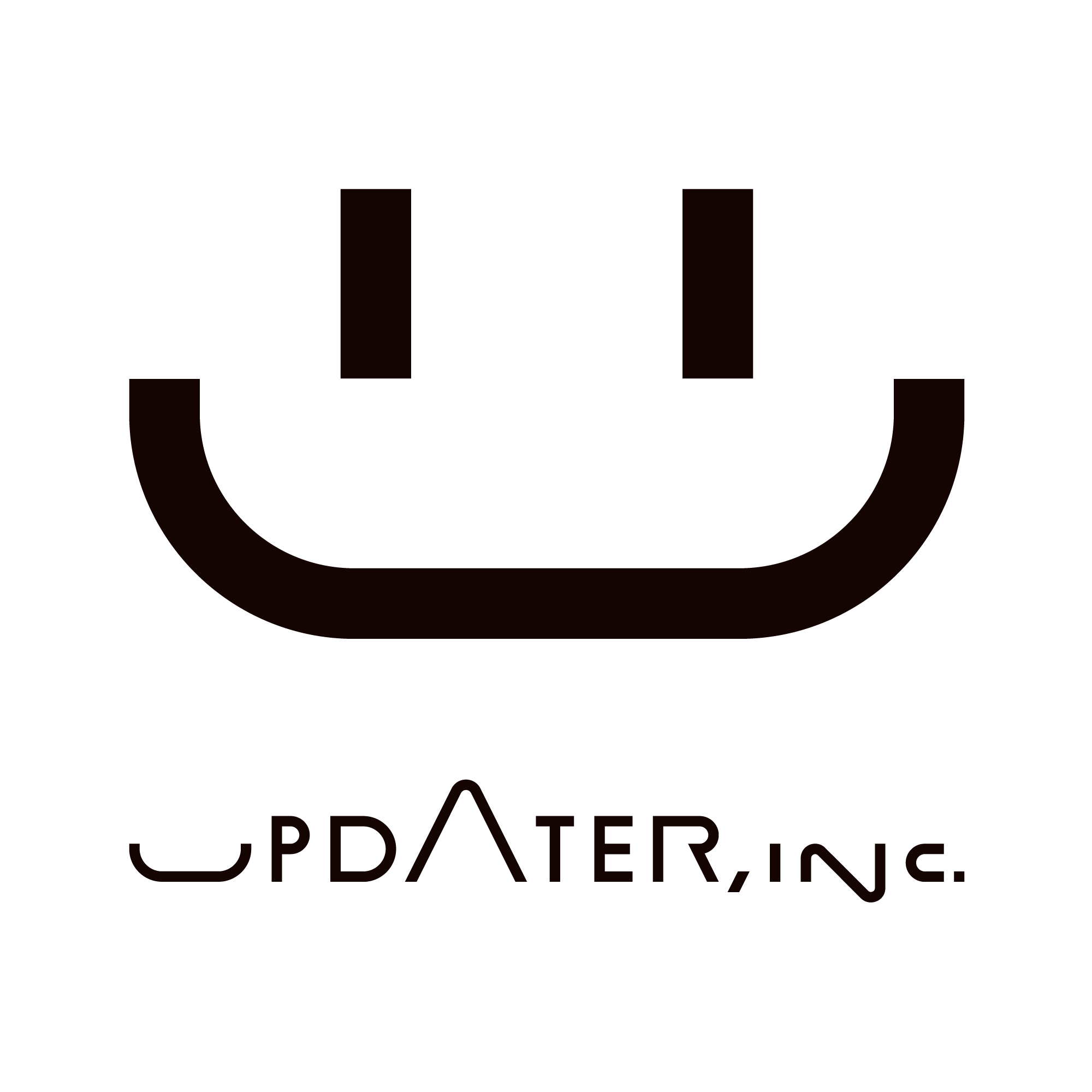

UPDATER,INC.

1.6
Tokyo, Japan
September 2025
Other renewable energy installation
Service with Minor Environmental Footprint
Japan
On October 1st, 2021, the company rebranded from Minna Denryoku, Inc. to UPDATER, Inc. Upholding traceability and transparency as its core values, the company delivers solutions for both corporate and individual customers to address pressing social challenges and to realize a “face-to-face lifestyle.” UPDATER operates a diverse portfolio of businesses. These include Minna Denryoku, the world’s first commercialized electricity traceability service. It is also one of only three CDP-certified renewable energy providers in Japan. Other businesses include Minna Works, which transforms the labor market with a focus on well-being; Shift C, a platform that evaluates and publishes brands’ ethical ratings; TADORi, an e-commerce marketplace where consumers choose products based on their background and stories; Minna Shoten, which offers goods designed with care for people, society, and the environment; and Minna Daichi, which promotes behavioral change toward soil regeneration. The company’s pioneering efforts have been widely recognized, earning numerous awards and certifications, including the Prime Minister’s Award at the 4th Japan SDGs Awards.
Overall B Impact Score
Governance 13.0
Governance evaluates a company's overall mission, engagement around its social/environmental impact, ethics, and transparency. This section also evaluates the ability of a company to protect their mission and formally consider stakeholders in decision making through their corporate structure (e.g. benefit corporation) or corporate governing documents.
What is this? A company with an Impact Business Model is intentionally designed to create a specific positive outcome for one of its stakeholders - such as workers, community, environment, or customers.
Workers 41.1
Workers evaluates a company’s contributions to its employees’ financial security, health & safety, wellness, career development, and engagement & satisfaction. In addition, this section recognizes business models designed to benefit workers, such as companies that are at least 40% owned by non-executive employees and those that have workforce development programs to support individuals with barriers to employment.
What is this? A company with an Impact Business Model is intentionally designed to create a specific positive outcome for one of its stakeholders - such as workers, community, environment, or customers.
Community 23.6
Community evaluates a company’s engagement with and impact on the communities in which it operates, hires from, and sources from. Topics include diversity, equity & inclusion, economic impact, civic engagement, charitable giving, and supply chain management. In addition, this section recognizes business models that are designed to address specific community-oriented problems, such as poverty alleviation through fair trade sourcing or distribution via microenterprises, producer cooperative models, locally focused economic development, and formal charitable giving commitments.
Environment 36.5
Environment evaluates a company’s overall environmental management practices as well as its impact on the air, climate, water, land, and biodiversity. This includes the direct impact of a company’s operations and, when applicable its supply chain and distribution channels. This section also recognizes companies with environmentally innovative production processes and those that sell products or services that have a positive environmental impact. Some examples might include products and services that create renewable energy, reduce consumption or waste, conserve land or wildlife, provide less toxic alternatives to the market, or educate people about environmental problems.
What is this? A company with an Impact Business Model is intentionally designed to create a specific positive outcome for one of its stakeholders - such as workers, community, environment, or customers.
Customers 4.5
Customers evaluates a company’s stewardship of its customers through the quality of its products and services, ethical marketing, data privacy and security, and feedback channels. In addition, this section recognizes products or services that are designed to address a particular social problem for or through its customers, such as health or educational products, arts & media products, serving underserved customers/clients, and services that improve the social impact of other businesses or organizations.